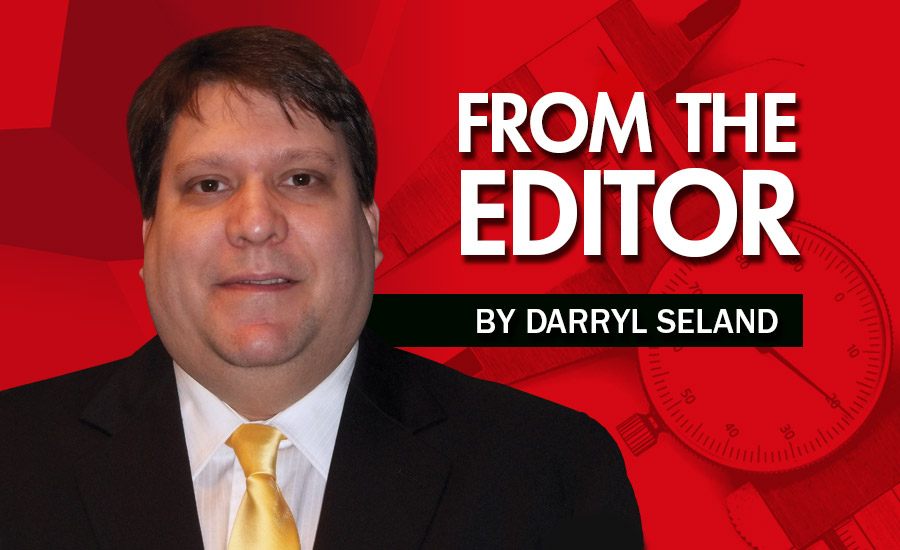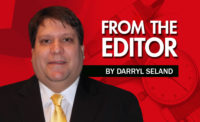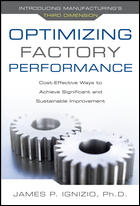Those Who Know Do Not Speak
Those who speak do not know.

While Taoist philosopher Lao Tsu was the first to make the statement, “Those who know do not speak. Those who speak do not know” part of his formal teachings, some form of the wisdom behind this statement has been attributed to such great philosophical minds as Socrates, Buddha, and Jesus.
For many, its intention speaks to the idea of being humble and reserved in our wisdom and experience. For others, seemingly the exact opposite holds true—that those who have knowledge should share it with all, for the benefit and progress of society, pointing to where we might be if the likes of Steve Jobs, Bill Gates, and Elon Musk did not talk up and share their knowledge with the world. Yet another perspective, and the one that seems to ring true today, is that the statement is a warning about speaking—or promising—when we are not fully engaged with the facts.
We have probably all encountered a situation where a decision or promise was made by someone who did not know the time, effort, investment, logistics, or practicality of what was decided on or promised. Heck, even Presidents have made these kinds of promises.
On Sept. 12, 1962, President John F. Kennedy delivered his now-famous “We-choose-to-go-to-the-Moon” speech in which he promised the United States would land a man on the moon by the end of the decade. What did we know about landing a man on the moon at the time? Nothing. We had just been beaten into space by the Soviet Union and Kennedy was looking for something that could propel the country and its space program past the USSR.
What’s the difference between the average decision-makers ill-promise and Kennedy’s? Inspiration and motivation. NASA designed a plan around the President’s goal and the country rallied around the space program, resulting in the successful Apollo 11 mission in July 1969.
Speaking of the Moon landing, on the podcast, The Ringer’s Winging It, NBA superstar Stephen Curry made comments that alluded to his belief that we have never landed on the moon, prompting a social media backlash and invites from NASA.
As I write this, Curry has expressed that it was all a joke, but others have speculated that Curry’s joke was done to cause a stir to coincide with the release of his new shoe line, which brings us to number four on our list of What-Lao-Tsu-Meant: gossip and hype.
Let’s face it, the idea of “being in the know” is powerful for a great many. This powerful, primal urge can cause us to speak out of school, to say things we know are not for public consumption. Again, the essence of gossip. And gossip has even become a powerful marketing tool. Have you ever heard “Any press is good press”? It’s a tool that’s being wielded for many a project.
No matter which perspective you adopt, one thing seems to be key: Be in the know. Knowing gives you license to speak as little or as much as you’d like, and even promise to put a man on the moon. This month’s Quality will help you learn about a variety of subjects. So, check out “Automating Quality in Manufacturing” and “Spending on Quality.”
Enjoy and thanks for reading!
Looking for a reprint of this article?
From high-res PDFs to custom plaques, order your copy today!







